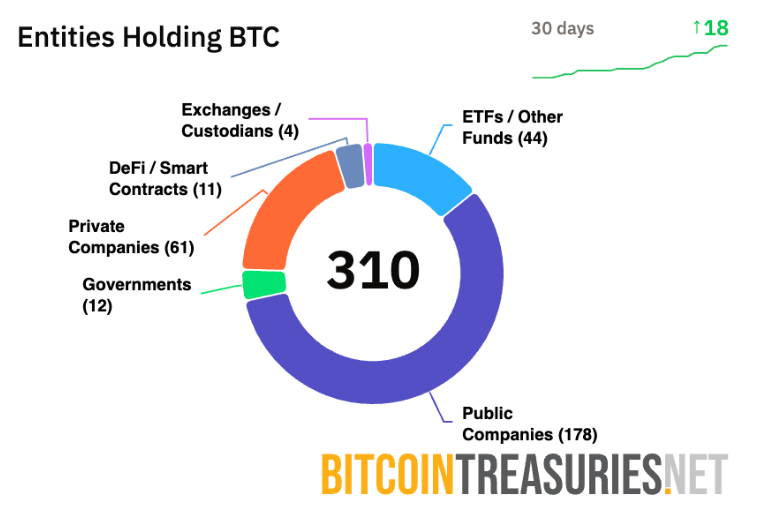Growing Concerns Over Financial Engineering in Digital Asset Management
Crypto treasury companies are drawing comparisons to collateralized debt obligations (CDOs) from the 2008 financial crisis, raising concerns among analysts about systemic risks in the cryptocurrency sector.
Josip Rupena, CEO of lending platform Milo and former Goldman Sachs analyst, warned that these firms introduce layers of risk to assets like Bitcoin that inherently carry little or no counterparty risk. According to Rupena, the issue lies in “engineering” what was once a sound product into complex structures that leave investors uncertain about their true exposure.
“There’s this aspect where people take what is a pretty sound product — a mortgage back in the day or Bitcoin today — and start engineering them, creating uncertainty around the exposure investors face,” Rupena said during a recent discussion.
Why These Risks Matter
The introduction of management competence, cybersecurity vulnerabilities, and reliance on cash flow into crypto treasuries fundamentally alters the risk profile of digital assets. Unlike Bitcoin’s decentralized nature, which limits counterparty exposure, these firms centralize risk in corporate operations.
While Rupena emphasized that these entities may not trigger the next crypto downturn, he cautioned that overleveraged companies could amplify a market sell-off through forced liquidation, similar to what was seen in traditional finance during 2008.

Analysts Warn of Contagion Risks
Several experts believe that overextended crypto treasury firms could depress prices during debt coverage events, causing a cascading effect across the market. Recent trends indicate a shift from Bitcoin-only strategies toward altcoin treasuries, including Toncoin (TON), XRP, Dogecoin (DOGE), and Solana (SOL). However, such diversification has delivered mixed results for company stock performance.
Safety Shot, a health and wellness brand, saw its share price plunge 50% after adopting the BONK memecoin as its reserve asset, highlighting the volatility of these strategies.
What It Means for Investors
With 178 public companies currently holding Bitcoin on their balance sheets, the rise of engineered crypto financial products warrants careful scrutiny. Experts stress that investors must assess both the underlying digital assets and the operational risk of the companies managing them.
Disclaimer
This content is for informational purposes only and does not constitute financial, investment, or legal advice. Cryptocurrency trading involves risk and may result in financial loss.
